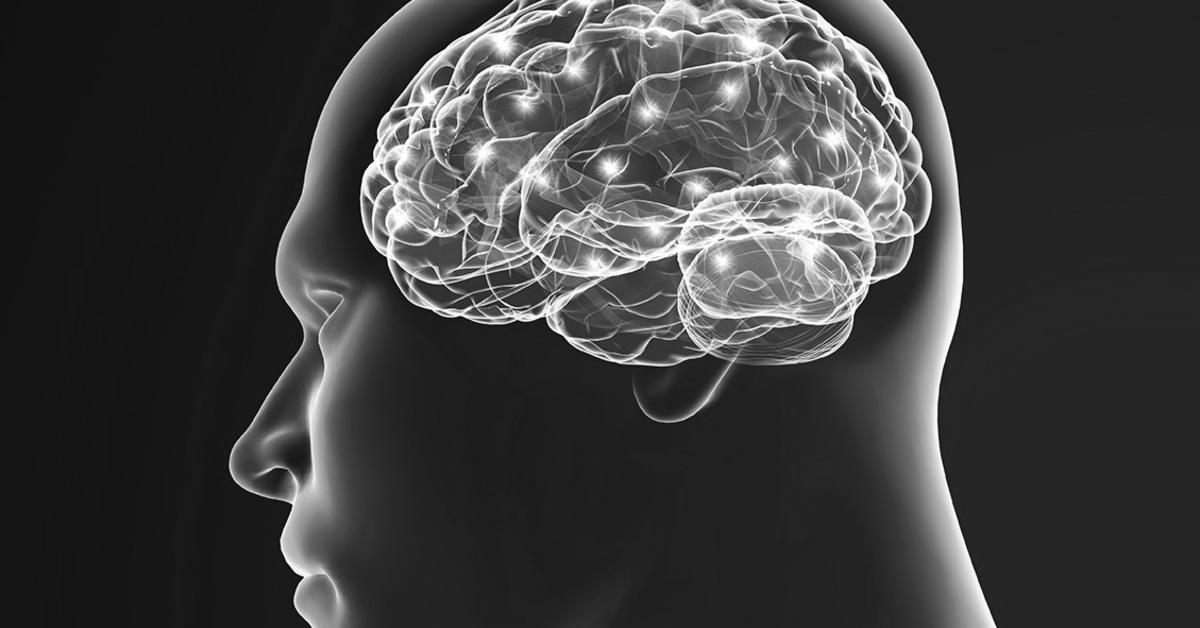
Neurodegenerative diseases are a group of disorders that affect the brain and nervous system, causing gradual deterioration of nerve cells. These diseases can have a significant impact on brain health, leading to various symptoms and progression of the condition. Among the specific neurodegenerative disorders, Huntington’s disease is a particularly devastating illness that affects individuals and their families.
The understanding of neurodegenerative diseases has evolved over the years, with ongoing research shedding light on their causes and potential treatments. While there is still much to be discovered, the current knowledge can help us better comprehend these disorders and their impact on brain health.
In this article, we will delve deeper into the world of neurodegenerative diseases, focusing on Huntington’s disease and its effects. We will explore the symptoms and progression of this condition, as well as discuss the latest developments in its treatment and management. By the end of this article, you will have a thorough understanding of Huntington’s disease and its implications for brain health.
To begin, it is important to understand that neurodegenerative diseases can affect anyone, regardless of age or gender. While some individuals may have a genetic predisposition to certain disorders, others may develop these conditions due to environmental or lifestyle factors. Some of the most well-known neurodegenerative diseases include Alzheimer’s disease, Parkinson’s disease, Huntington’s disease, and amyotrophic lateral sclerosis (ALS). Each of these conditions has its own set of symptoms and progression patterns, but they all share the common characteristic of causing a decline in brain function.
Identifying Symptoms of Neurodegenerative Diseases
The first step in understanding neurodegenerative diseases is recognizing the symptoms. This can be challenging as these conditions often present differently in each individual. However, there are some common symptoms that may indicate the presence of a neurodegenerative disease. These include: memory loss, difficulty with movement and coordination, changes in behavior or mood, and loss of sensation or muscle control.
The Progression of Neurodegenerative Diseases
Neurodegenerative diseases are progressive, meaning they get worse over time. The rate of progression can vary greatly depending on the specific condition and individual factors. However, most neurodegenerative diseases follow a similar pattern of worsening symptoms and declining brain function.
As the disease progresses, it can become more challenging to manage and may require more intensive treatment and care.
Treatment Options for Neurodegenerative Diseases
While there is currently no cure for most neurodegenerative diseases, there are treatment options available that can help manage symptoms and improve quality of life. These may include medications to help with cognitive function or movement, physical therapy to improve mobility, and cognitive therapy to help with memory and behavior changes. It is important to work closely with a healthcare professional to determine the best treatment plan for each individual.
Preventing or Slowing Down the Progression of Neurodegenerative Diseases
While there is no guaranteed way to prevent neurodegenerative diseases, there are steps individuals can take to reduce their risk or slow down the progression of these conditions. This may include maintaining a healthy diet and exercise routine, staying mentally active and socially engaged, and avoiding harmful substances such as tobacco and excessive alcohol consumption.
Understanding the Impact of Neurodegeneration on Brain Health
Neurodegenerative diseases not only have a significant impact on an individual’s quality of life but also on their brain health. As these conditions progress, they can cause significant damage to brain cells and structures, leading to further decline in function. That is why early detection and proper management are crucial in improving outcomes for individuals with neurodegenerative diseases.
In conclusion, neurodegenerative diseases are a complex group of disorders that can have a profound impact on brain health. By understanding the symptoms and progression of these conditions, as well as available treatment options and prevention methods, individuals can take control of their health and improve their quality of life. If you or a loved one are experiencing any concerning symptoms, it is important to seek medical attention for proper diagnosis and management.